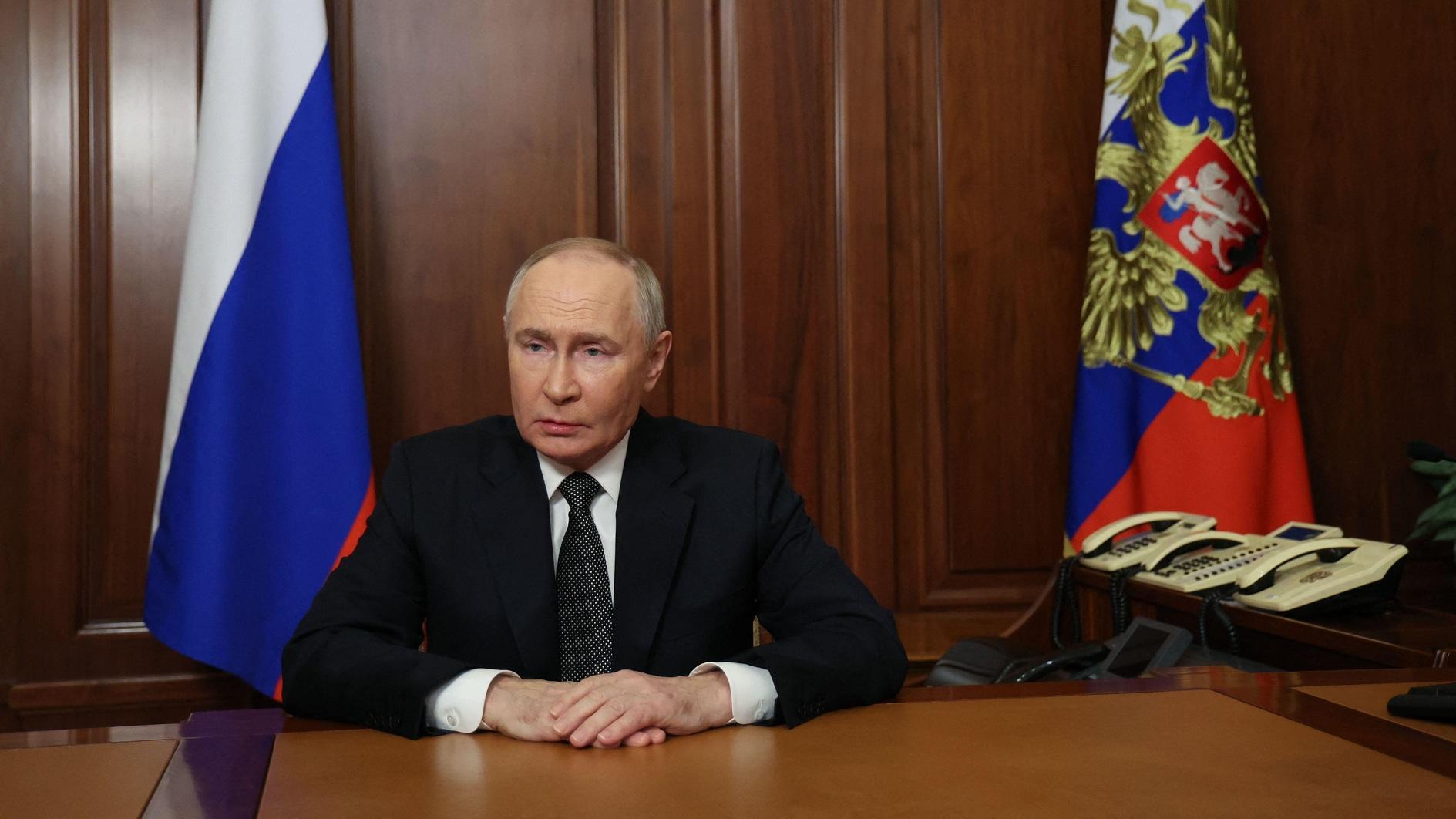Treasury may sell euro or dollar bonds
Bloomberg

refid:11352061 ilişkili resim dosyası
The Treasury is monitoring global markets and may hire banks for the bond issue in the coming days, the Ankara-based spokesman said in a telephone interview on the usual condition of anonymity."Turkey has a window of opportunity to come to the market with a benchmark issue," said Luis Costa, an emerging-market debt strategist in London at Commerzbank, Germany’s second-biggest lender.
"The government has a sizeable borrowing program and it’s all about building a cushion in case things go sour again. There are still massive problems in the core markets."
The extra yield investors demand to own Turkey’s international bonds instead of U.S. Treasuries dropped to the lowest since Feb. 9, falling 16 basis points to 4.90 percentage points at 11:07 a.m. in London.
Yields on Turkish debt are declining as the country nears a loan accord with the International Monetary Fund and on anticipation that G20 countries may agree on steps to stimulate the global economy.
Turkey is aiming for 5.6 billion Turkish Liras ($3.7 billion) of borrowing in international markets this year, less than in 2008, as the global financial crisis makes it harder and more costly for developing economies to obtain credit.
Meeting IMF
Prime Minister Recep Tayyip Erdoğan was expected to meet with IMF Managing Director Dominique Strauss-Kahn at the G20 summit in London yesterday, when Hürriyet Daily News & Economic Review went to press. Turkey may make "rapid progress" toward a new loan accord on the sidelines of the summit, Erdoğan said Wednesday.
Abu Dhabi, the oil-rich emirate, sold $3 billion of bonds Wednesday, split equally between 5.5 percent five-year notes, priced to yield 400 basis points more than U.S. Treasuries, and 6.75 percent 10-year bonds with a spread of 420 basis points.
Turkey last tapped international markets Jan. 7, selling $1 billion of eight-year global notes to yield 5.01 percentage points above Treasuries.
The country is seeking IMF lending of between $20 billion and $40 billion to help shield the country against the global slowdown and close a financing gap that Turkish Central Bank Governor Durmus Yılmaz estimates at $30 billion.
Turkey’s credit rating will be upgraded at least one level when the government reaches a loan agreement with the IMF, according to TD Securities, which also raised its forecast for the lira.
"At least a one-notch update would be imminent once the IMF deal is reached," Beat Siegenthaler, chief emerging-markets strategist at TD Securities in London, said in an interview yesterday. "I think there is the question whether it should become investment grade over the medium term," he said.
Turkey is rated three levels below investment grade at BB- by Standard & Poor’s and Fitch Ratings and at Ba3 by Moody’s Investors Service. The rating is "exceptionally low," Siegenthaler said. The country trails Latvia, which said yesterday it did not receive the February payment from its 7.5 billion euros ($10 billion) IMF loan because it failed to push through budget cuts.
















